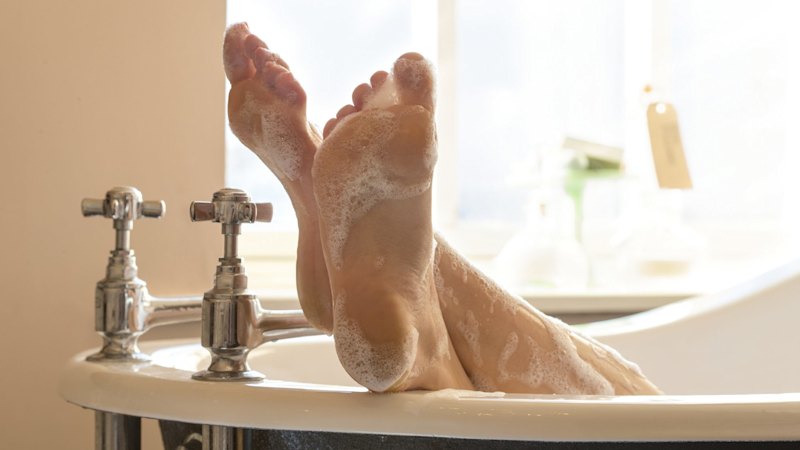
The allure of a hot bath, a picnic in the park, or breakfast in bed can be puzzling for some individuals. An unnamed author expresses their bewilderment over these seemingly pleasurable activities, questioning why they fail to find joy in experiences that many others cherish.
Hot Baths: A Disappointment in Disguise
The concept of soaking in a hot bath is often marketed as a luxurious escape. Yet, for those who struggle to appreciate it, the reality is far less enticing. After a long day of gardening or sports, one may envision a soothing soak. Instead, they encounter water that is initially scalding, quickly turning tepid and then cold. In this scenario, the bath transforms into a warm stew of perspiration and dirt, with the water level diminishing due to a leaky plug.
Adding bubble bath can only mask the discomfort of bathing in one’s own grime. The author raises a valid point: why not opt for a shower instead? Showers deliver clean water and a straightforward experience that avoids the hazards of slipping and the discomfort of awkward positioning. The appeal of a simple, hygienic cleaning method is hard to overlook, especially when compared to the perceived trials of a bath.
The Picnic Phenomenon
Another activity that leaves some feeling perplexed is the picnic. The preparation involves packing food into a cumbersome wicker basket, designed to evoke a sense of nostalgia. Yet, the effort often leads to frustrations. After loading a car with heavy supplies and driving to a picturesque location, one may find that essential items, such as a corkscrew for the wine, have been forgotten at home.
While picnics are painted as romantic gatherings reminiscent of artistic portrayals like Manet’s “Le Dejeuner sur l’herbe,” the reality often includes more ants than elegance. The author questions the need for such elaborate setups when a comfortable meal could be enjoyed at a table in the kitchen, complete with proper seating and the absence of insects.
Breakfast in Bed: A Culinary Challenge
The notion of breakfast in bed also garners skepticism. The combination of hot liquids and fragile toast presents a daunting challenge. The risk of spills leading to burns, alongside the inevitable crumbs that invade the sheets, raises concerns about practicality. The author argues that a kitchen table offers a far more enjoyable dining experience, with the ability to sit comfortably and engage in conversation while enjoying a meal.
Despite these criticisms, there are experiences that resonate deeply with the author, such as the enjoyment of fresh oysters or the nostalgic aroma of canned kippers being prepared in the kitchen. These preferences highlight the complexity of individual tastes and the desire for understanding among those who revel in the activities that others find inconvenient.
In conclusion, while the author admits to feeling negative about certain choices, they express a genuine curiosity about what makes these experiences appealing to others. The exploration of personal taste and the varying definitions of pleasure suggests that there is no singular way to enjoy life’s offerings. Each person’s preferences reveal a unique perspective, deserving of consideration and dialogue.





